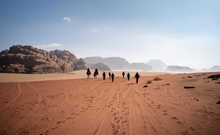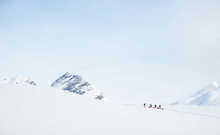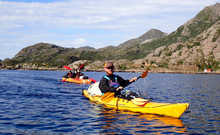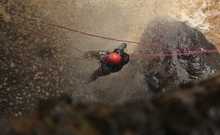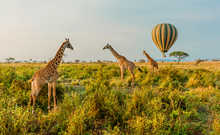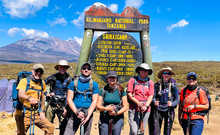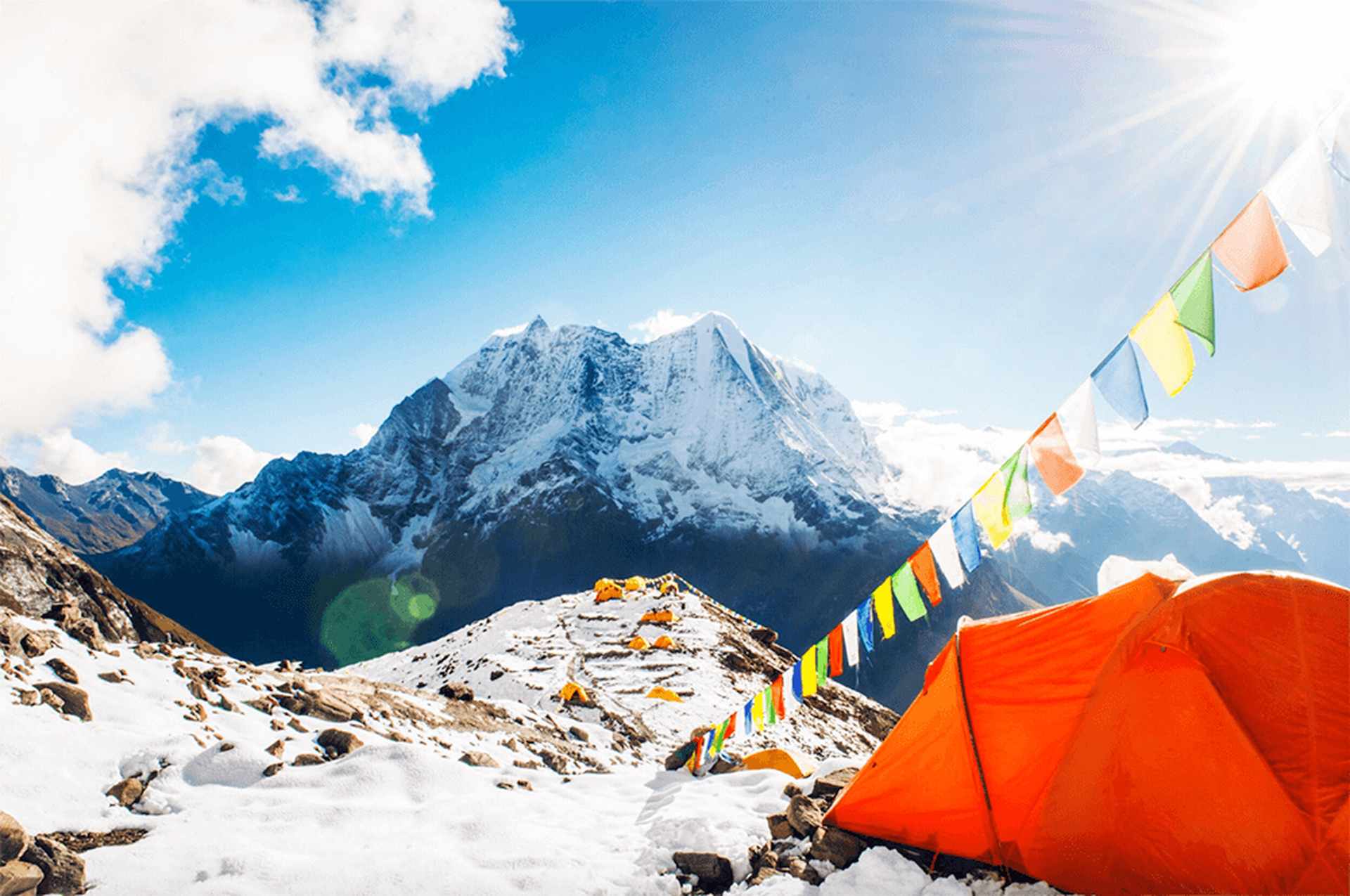Changes to rules for trekking in Nepal
Since 2012 the Trekking Agencies Association of Nepal (TAAN)
has been lobbying for a one
trekker-one guide policy for foreign visitors with varying degrees
of support and success. TAAN claim that imposing these restrictions are for
safety reasons, the aid rescue efforts for missing and injured trekkers, and to
boost employment opportunities in a country that is struggling to bounce back
from the worldwide pandemic.
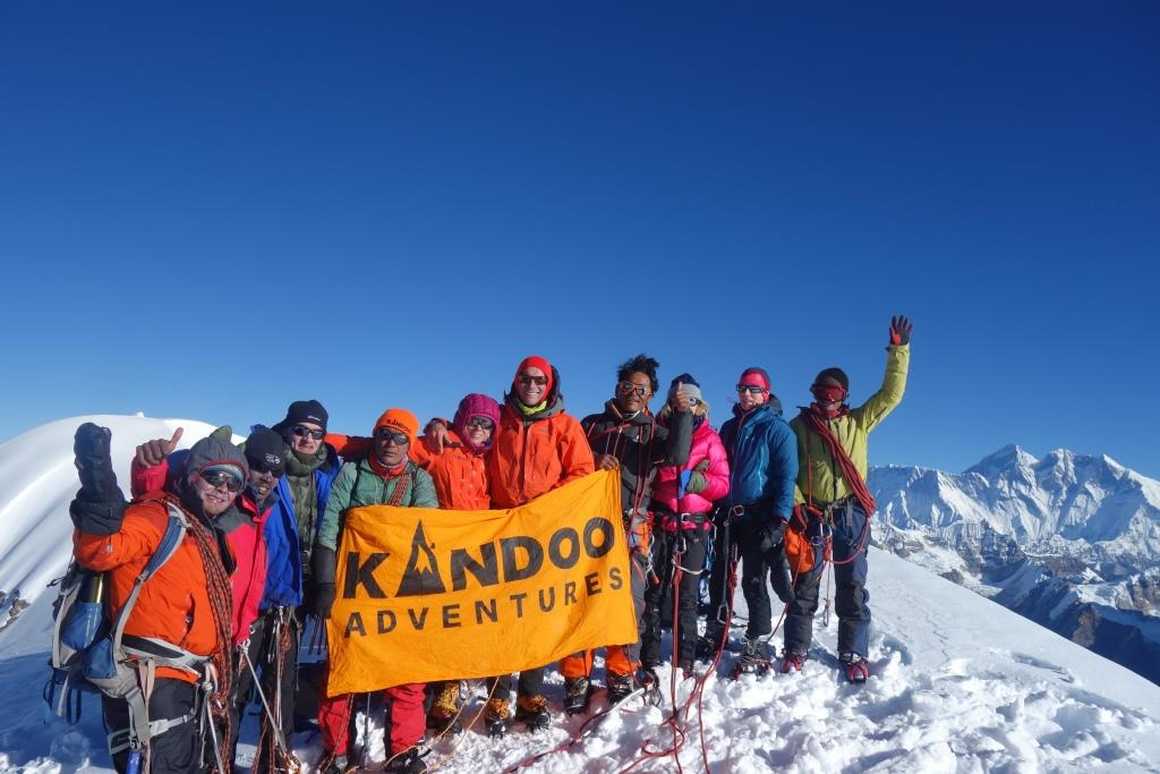
Reasons for the restrictions
Opinions divided
FIT visitors, especially frequent visitors to Nepal, have
greeted the restrictions with scepticism. Trekkers have long since needed to
register for a Trekkers Information Management System (TIMS) card which is
tracked through manned checkpoints across the country, which facilitate the
tracking of individuals across the country’s mountains. Those foreign visitors
familiar with trekking in Nepal have said many
TIMS checkpoints have been abandoned since the earthquake in 2015 and many
hikers have passed through without being logged. For this reason, online
discussions have wondered whether the new ruling will be policed or whether it
will peter out as the TIMS checkpoints allegedly have.
For budget travellers, the price of a TIMS has doubled and
the added cost of having to hire a guide could make visiting Nepal prohibitive
and lead them to look at alternative destinations for trekking.
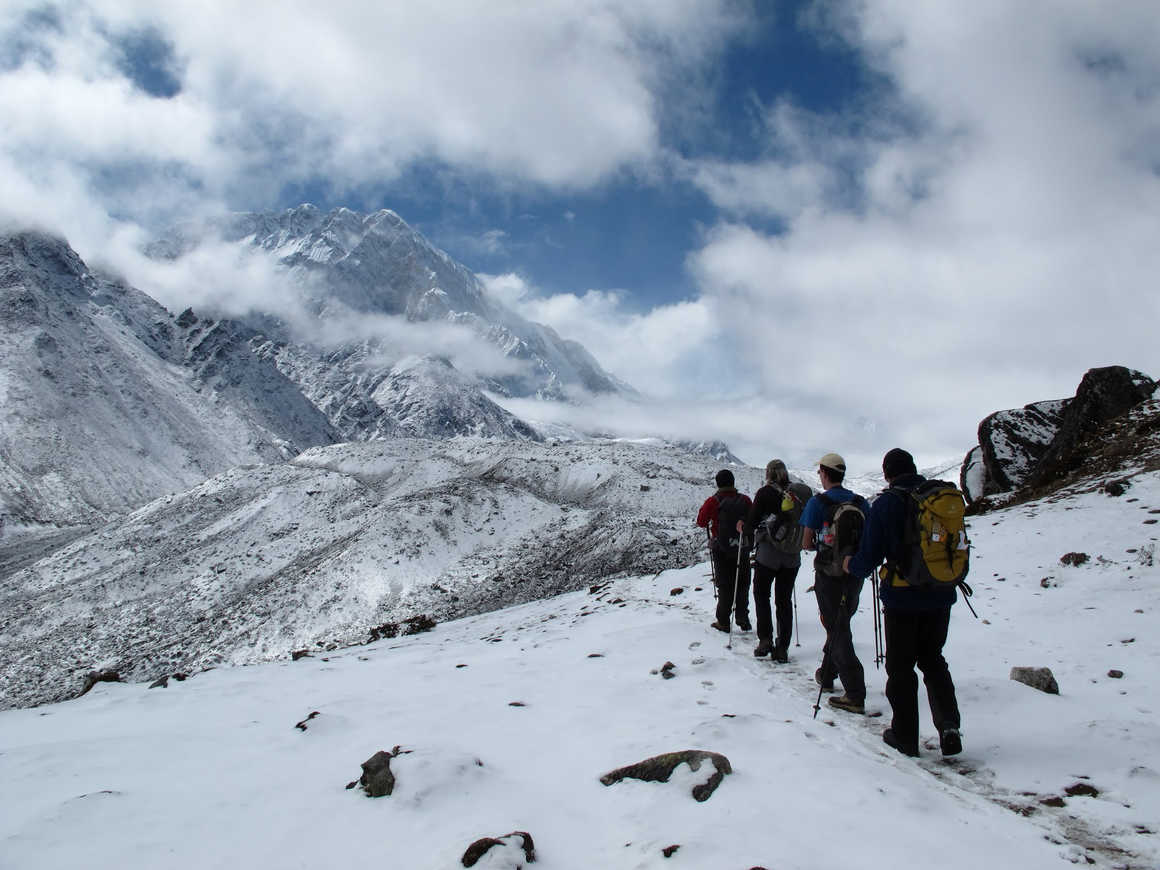
What does this mean for solo trekkers to Nepal?
The aim of this directive from the NTB is to ensure that the
safety of solo travellers can be maintained. More and more visitors to Nepal
who come to trek the Himalaya are tourists and many don’t have a trekking
background. Requiring those travelling independently to hire an authorised
guide or porter will help those wanting to explore navigate the mountains more
safely, accompanied by an experienced guide. This should help to increase
awareness of altitude sickness, travelling in safe weather and conditions, and
how to use routes appropriate to the trekkers ability and experience.
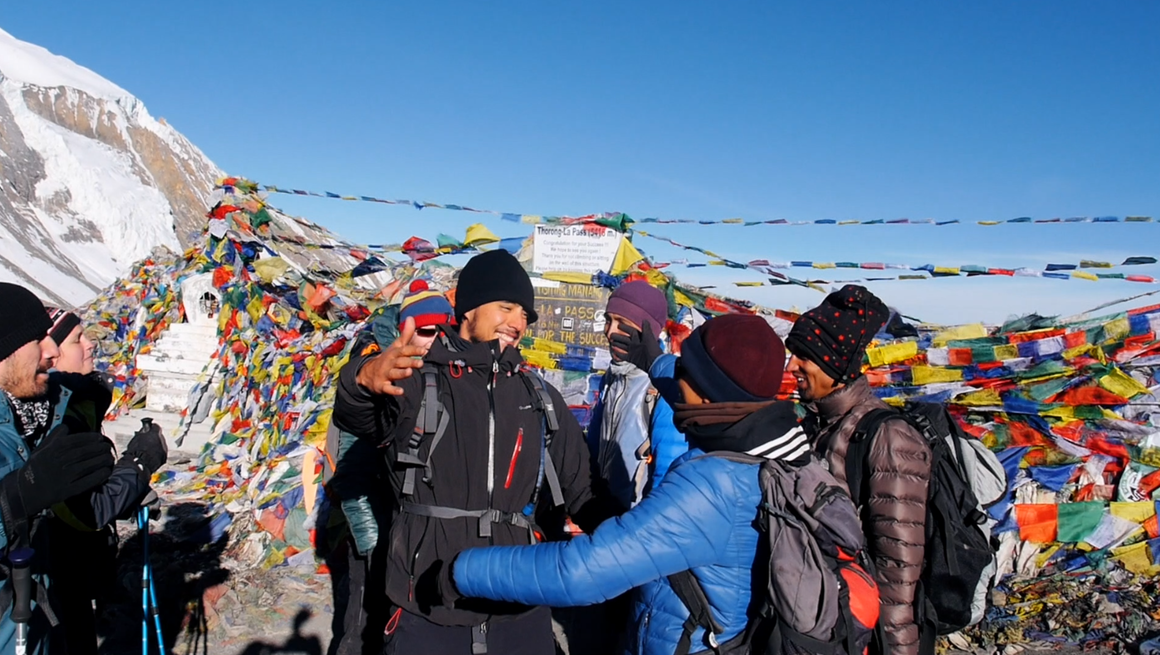
The benefits of group travel
One the one hand, the freedom to explore a destination as a
solo traveller is a shared experience many of us have, cherish and look forward
to. To have blanket restrictions imposed on experienced trekkers whilst
disappointing, is understandable.
On the other hand, not all travellers have the same level of
experience, awareness or ability and therefore ensuring the safety of trekking
visitors to Nepal by imposing these restrictions can only be a good thing.
There are many benefits to joining a group trekking holiday
in Nepal:
·
Experienced guides help navigate unknown terrain
·
Making new friends for life through incredible
shared experiences
·
Meeting like-minded trekking enthusiasts
·
Set itineraries make the most of your time away
·
Exploring off-the-beaten-track wonders is
facilitated by local, knowledgeable guides
·
All costs associated with your trip are included
·
Your group guide will be able to offer advice on
history, culture and local etiquette
